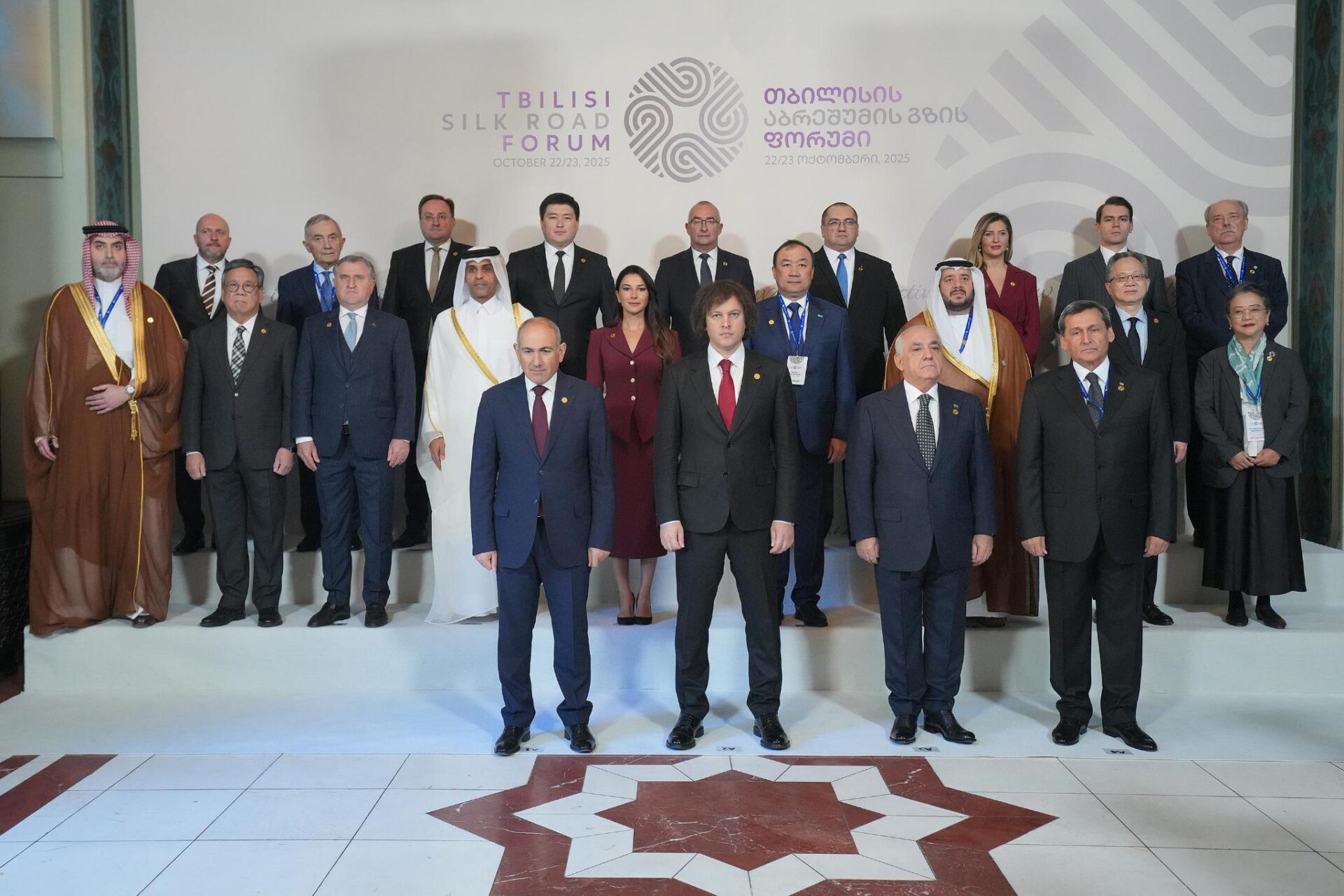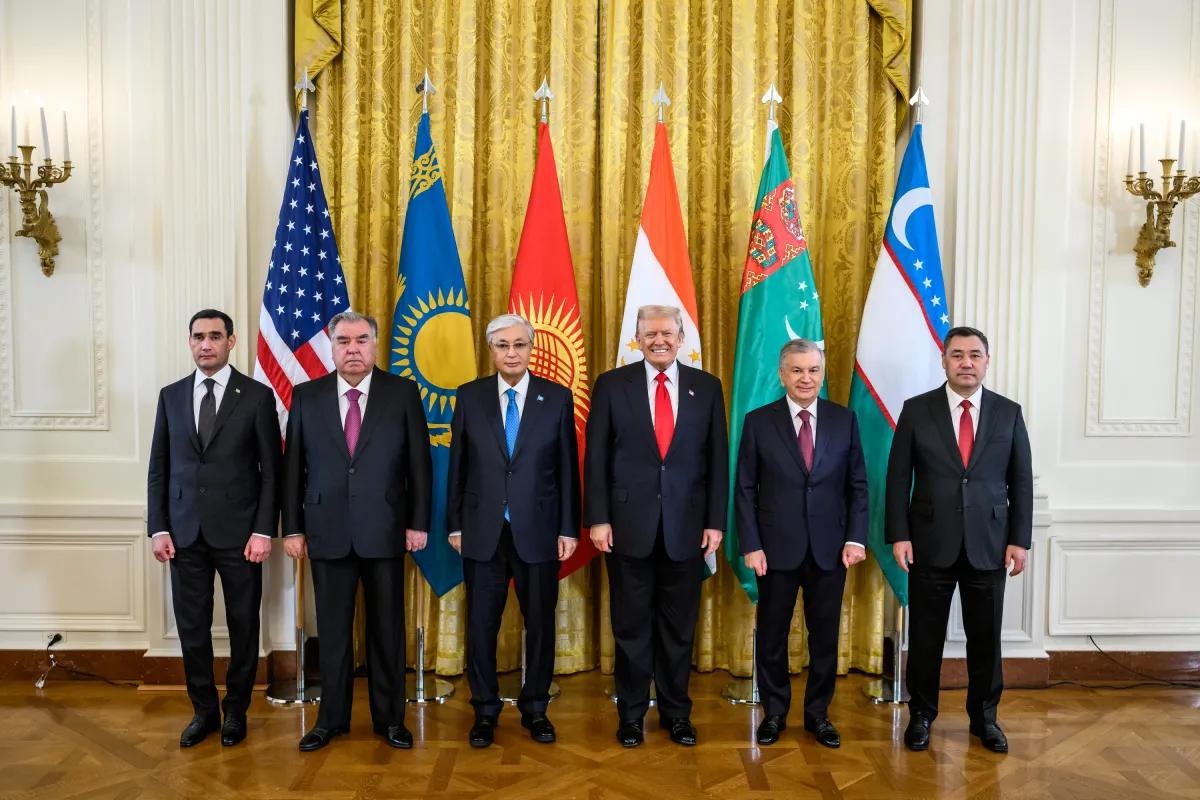KULOV DETERMINED TO UNDERMINE BAKIYEV’S GOVERNMENT
KULOV DETERMINED TO UNDERMINE BAKIYEV’S GOVERNMENT
As the second anniversary of Kyrgyzstan’s March 24, 2005, Tulip Revolution approaches, Kyrgyz President Kurmanbek Bakiyev is facing a growing challenge from the “United Front,” a newly emerged opposition bloc that seeks his resignation. The bloc is led by former prime minister Felix Kulov, whose support handed Bakiyev a landslide victory in the July 2005 presidential elections. Kulov was forced out of the government this January.
Only days after its formation, the United Front took bold steps to undermine Bakiyev’s leadership. In a recent interview with Delo nomer, Kulov accused the president of plotting intrigues against him and manipulating the parliament (February 28). He described his two-year political alignment with the president as being often dysfunctional, due to the two politicians’ “different mentality, different experience” (Delo nomer, February 28). Kulov criticized Bakiyev for not being straightforward and acting through proxies in the government and parliament.
This week, the United Front opened a new office in Bishkek and is spreading its representatives across the country. The bloc’s name, as well as its skill in arranging immediate action, is intended to provoke the president. As one member of the Ar Namys party told Jamestown, the name for the opposition bloc was strategically chosen “to pressure the regime psychologically.” However, the government speculated that with such confrontational moods in the opposition, civil conflict could erupt.
Previously Bakiyev argued that Kulov’s strained relations with the parliament were the main reason why the former prime minister left the government. However, a number of parliamentarians who voted against Kulov have joined the United Front. According to Kulov, the parliament was pressed and bribed by the president to vote against him.
Kulov’s major announcement against the ruling regime revealed a $300,000 bribe given to the president by First Deputy Prime Minister Daniyar Usenov. According to Kulov, Usenov openly spoke about his informal relations with the president and even treated the national business sector as his own. He blamed Usenov for being behind the Kyrgyz government’s refusal to join the international Heavily Indebted Poor Countries Initiative (see EDM, February 23). Today, Kulov argues, the government has no alternative debt-relief plan and is probably not interested in improving the economic situation in the country, since Bakiyev pursues short-term political interests.
Yet despite the United Front’s strategic mobilization against Bakiyev, the newly emerged political bloc is similar to many other such formations that were organized around one person or a short-term agenda and lacked more far-sighted programs. The United Front was formed as a result of Kulov’s joining the anti-Bakiyev forces in parliament and siding with former government members. Anti-corruption slogans are one of its major lines of attack. In the longer run, the bloc will likely dissolve because several of its members may have ambitions to run in the next presidential elections.
If Kulov’s latest revelations follow the same trajectory as other accusations of corruption in the government and the energy sector voiced by the local mass media outlets, it is doubtful that law-enforcement investigations will ensue. Sydykov and Bakiyev are unlikely to find their positions jeopardized. The Kyrgyz public is aware of the scale of corruption in the government and parliament and allegations against Usenov are only the tip of the iceberg. At the same time, unlike previous political blocs, the United Front will not be able to gain popularity simply by condemning corruption. More consistent actions will be needed in order for the bloc to gain popular support. Furthermore, local civil society groups are now more selective about supporting opposition blocs that only offer quick political fixes.
Meanwhile, the Kyrgyz parliament is discussing possibilities for revising legislation that bans polygamy. According to a recent Ministry of Justice initiative, polygamy should be removed from the national criminal code and be a matter of moral judgment. Minister of Justice Marat Kaiypov argues that this initiative is necessary to reduce poverty and prostitution in Kyrgyzstan (Akipress, February 27). According to Kyrgyz experts, the proposal has gathered many supporters in both the government and society because Kyrgyzstan’s new constitution does not define the state as being secular. Furthermore, the absence of female representatives in the government and parliament fosters gender-discriminating policies. Finally, Bakiyev, as well as numerous other politicians, have a reputation for being involved in adultery and even polygamy (Bely parohod, February 8).
That the United Front is focused primarily on Bakiyev’s removal is clear from Kulov’s comments that Kyrgyzstan’s current political system does not have mechanisms for checking the president. Kulov seems to be determined to seek revenge against the president, despite his own low popular approval ratings. To do that, he needs to learn from his previous mistakes and not merely rely on anti-corruption rhetoric.


